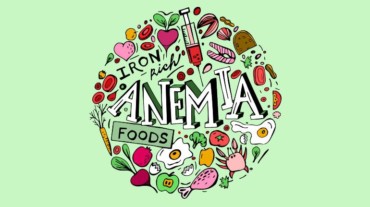
Vitamins are either classified as water soluble or fat soluble—basically meaning that they either need water or fat to be digested and absorbed. There are nine different water-soluble vitamins, which include vitamin C and eight B vitamins. The B vitamin group is thiamin, riboflavin, niacin, B6, B12, Folate, Biotin and Pantothenic acid. And four fat soluble vitamins are A, D, E, and K
B vitamins are important for our body as they are required to convert the food we eat into energy. B vitamins are found mostly in vegetables. They are also found in animal foods such as meat and dairy.
Vitamin B12 is one of the most important B vitamins
Now, vitamin B12–also known as cobalamin—is a water-soluble vitamin, naturally found in some foods, added to others and synthesised by bacteria in the small intestine. It is involved in many vital processes in the body, including:

It is an essential vitamin that your body cannot produce. It is not found in plants, actually is only found in animal foods! Mainly found in liver, meat, seafood, egg, milk, and cheese. Hence for those who avoid non-vegetarian foods and/or are vegan, it is imperative to check their vitamin B12 status and ensure they get enough B12 through supplements.
Here’s what happens when you don’t get enough vitamin B12
Vitamin B12 deficiency is quite hard to detect. In fact, a deficiency can go undiagnosed for years. Symptoms can include fatigue, lethargy, shortness of breath, pale skin (possible with a pale-yellow tinge), mouth ulcers, sensations of pins and needles, disturbed vision, impaired mental function and depression. Many of these symptoms are not unique to vitamin B12 deficiency, and not everyone who is diagnosed will experience these symptoms.
A more severe form of vitamin B12 deficiency is called pernicious anaemia. This is an autoimmune disease which occurs due to issues with a specific glycoprotein called intrinsic factor (IF), which is created in the stomach and is necessary to absorb vitamin B12.

Pernicious anaemia causes the immune system to attack the cells in the stomach which produce IF. Without IF, vitamin B12 cannot be absorbed and therefore a deficiency can occur. Pernicious anaemia is now treated with B12 injections.
The takeaway?
Getting enough vitamin B12 from your diet is crucial for the optimal function of your body. So consume vitamin B12 rich foods regularly and check your B12 levels every 6 months. Also, don’t forget to talk to your doctor about a possible deficiency.